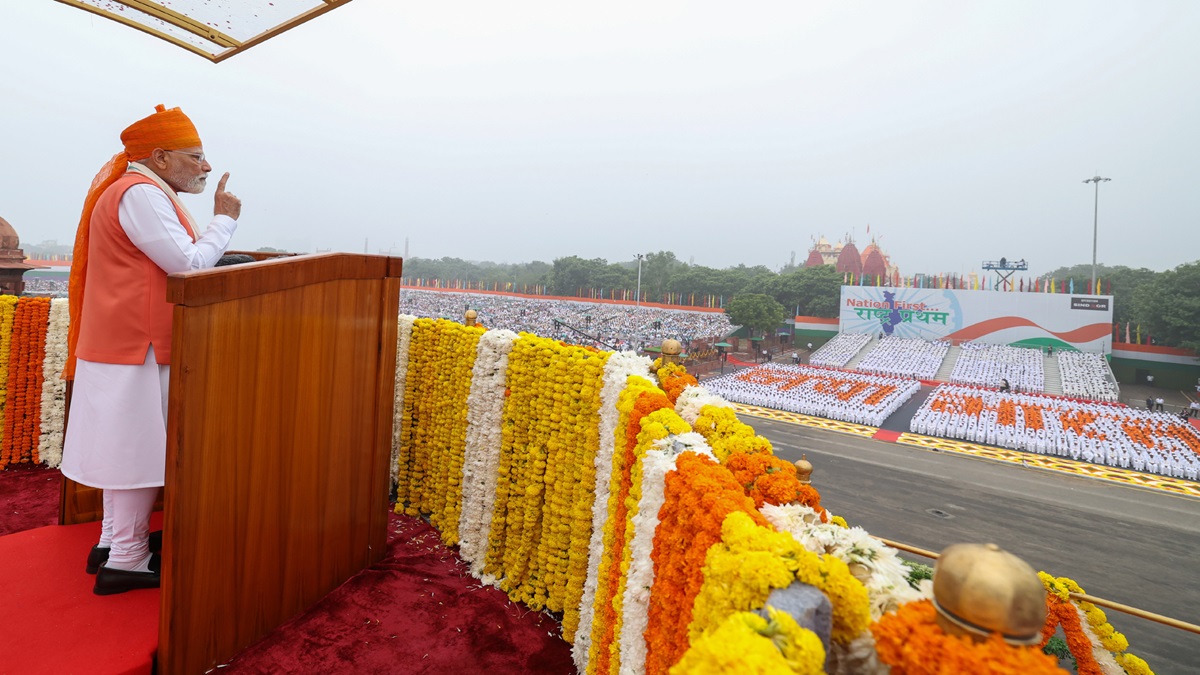Direct wage support is expected to boost youth employment, enhance job stability, and accelerate India’s transition towards a more prosperous, self-reliant economy.

In his 79th Independence Day speech, Prime Minister Narendra Modi unveiled a series of youth and employment focused initiatives, with emphasis on skill development, innovation, and self-reliance.
Centrepiece of his announcements was launch of ₹1 lakh crore PM Viksit Bharat Rozgar Yojana, to generate employment for 3 crore young Indians. Under this scheme, newly employed youth will receive ₹15,000 per month, a move PM said would “strengthen the bridge from Swatantra Bharat to Samriddha Bharat.”
Calling on young innovators to take up national challenges, PM Modi urged scientists, engineers, and entrepreneurs to develop Made-in-India jet engines, likening the mission to India’s indigenous COVID-19 vaccine success and the creation of the UPI digital payments system. He also announced that India will launch its first Made-in-India semiconductor chips by end of 2025, opening opportunities for careers in AI, cybersecurity, deep-tech, and operating system development.
Highlighting India’s growing private sector role in space, PM Modi noted that over 300 startups are actively working in satellite and exploration technologies, with plans for India’s own space station. He stressed that this innovation ecosystem will provide new opportunities for highly skilled youth in research, engineering, and entrepreneurship.
Prime Minister linked self reliance in energy, defence, and digital infrastructure directly to future employment prospects. With India meeting its 50% clean energy target five years ahead of schedule, he said the expansion of nuclear power, solar, and hydrogen energy will boost green jobs. He also encouraged young developers to create indigenous social media platforms and secure digital ecosystems to ensure “digital sovereignty.”
 Call 8585951111
Call 8585951111
Abhay Anand is an experienced education journalist with over 15 years in print and digital media. Currently serving as Manager- Editorial at Shiksha.com, he specializes in higher education policy, student mobility,
Read Full Bio